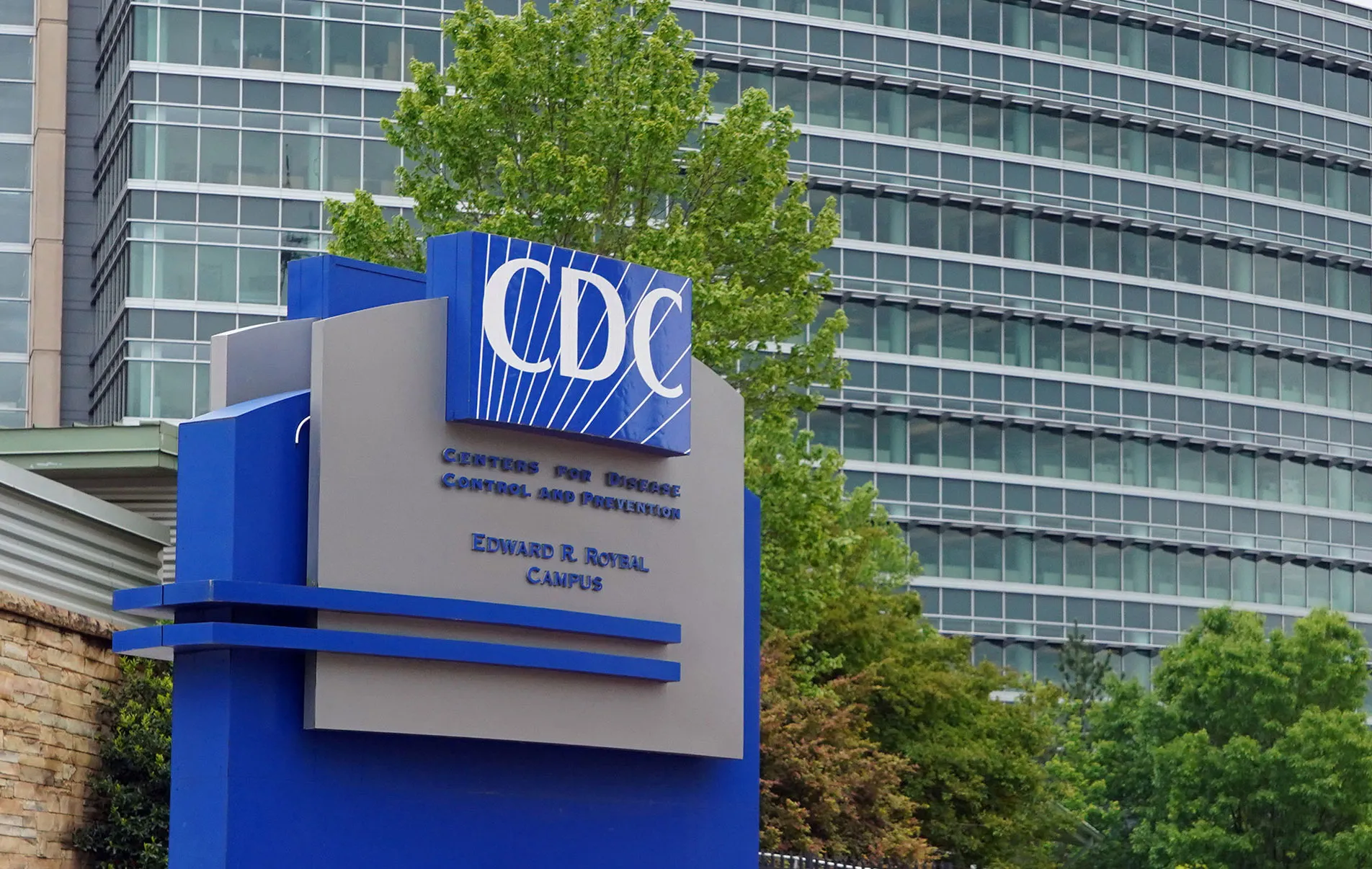On February 11, 2025, U.S. District Judge John D. Bates issued a temporary restraining order mandating the restoration of several public-facing websites and datasets previously removed by the Department of Health and Human Services (HHS), the Centers for Disease Control and Prevention (CDC), and the Food and Drug Administration (FDA). This directive followed a lawsuit filed by Doctors for America (DFA), a nonprofit organization advocating for accessible healthcare information. The removed content included critical resources on HIV testing, contraceptive guidance, and the Social Vulnerability Index, all essential for healthcare professionals and researchers.
In January 2025, President Donald Trump issued an executive order titled “Defending Women from Gender Ideology Extremism and Restoring Biological Truth to the Federal Government.” This order mandated federal agencies to replace the term “gender” with “sex” in official documents and to eliminate materials promoting “gender ideology.” Subsequently, the Office of Personnel Management (OPM) directed agencies to remove public-facing media that “inculcate or promote gender ideology.” In compliance, the CDC, FDA, and HHS removed numerous webpages and datasets, including those related to sexual orientation, gender identity, and diversity in clinical trials.
Impact on Healthcare Professionals and Public Health
The removal of these resources had significant repercussions for healthcare providers and researchers. For instance, the CDC’s Youth Risk Behavior Surveillance System, which monitors health behaviors among youth, was taken offline. Similarly, the Social Vulnerability Index, a tool used to identify communities at risk during public health emergencies, was also removed. These actions disrupted the ability of medical professionals to access essential data for patient care and public health planning.
Legal Action and Court Ruling
In response to these developments, Doctors for America filed a lawsuit against the HHS, CDC, and FDA, arguing that the removal of these resources violated federal law and hindered the provision of quality healthcare. The organization contended that the sudden removal of critical health information without public notice or opportunity for comment was arbitrary and capricious. Judge Bates agreed, stating that the loss of access to these websites had already caused harm and would continue to disrupt healthcare services. He emphasized that the public interest favored the restoration of these resources, noting that the removal had adversely affected underprivileged Americans seeking healthcare.
Restoration of Resources
Following the court’s order, the affected agencies were required to restore the removed webpages and datasets to their status as of January 30, 2025, by 11:59 PM EST on February 11. This included reinstating information on HIV testing, contraceptive guidance, and the Social Vulnerability Index. The agencies were also directed to collaborate with Doctors for America to identify and restore any other critical resources by February 14.
Broader Implications
This legal action underscores the importance of accessible and accurate public health information. The removal of critical health data not only impedes healthcare professionals’ ability to provide effective care but also undermines public trust in health agencies. The court’s decision to restore these resources highlights the judiciary’s role in ensuring that executive actions do not infringe upon public health and safety.
In conclusion, the restoration of these vital health resources represents a significant victory for public health advocacy and the medical community. It reaffirms the necessity of maintaining open access to health information, which is crucial for informed decision-making and the effective delivery of healthcare services.























